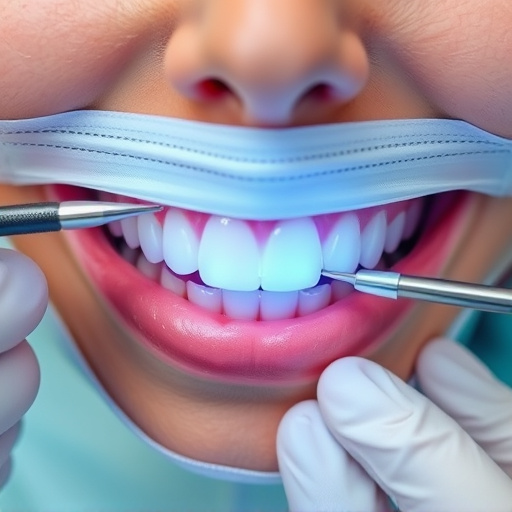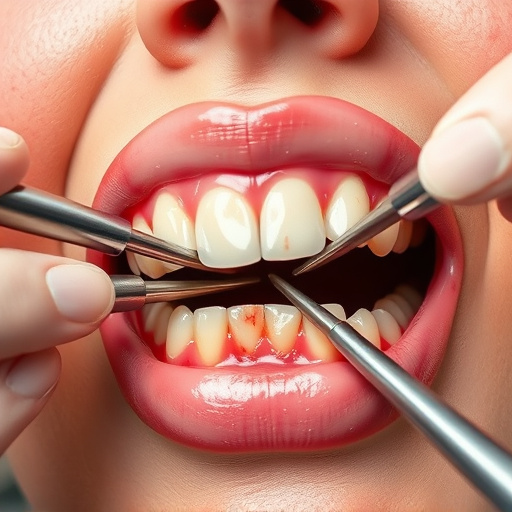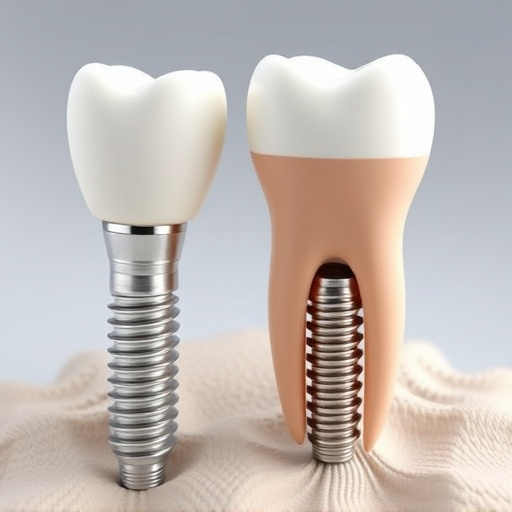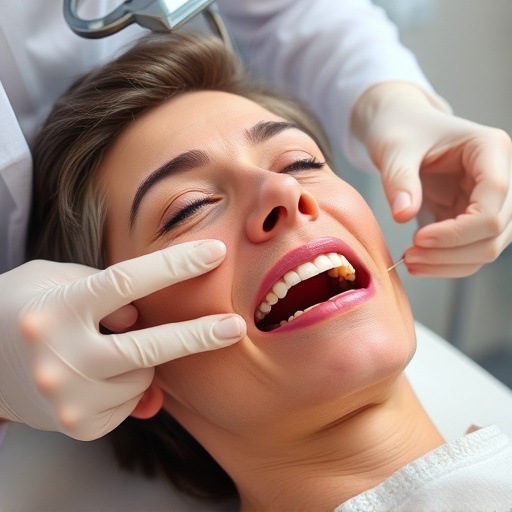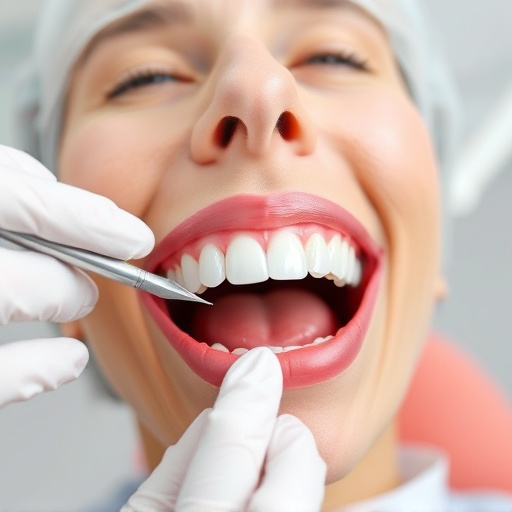As people age, their oral health requires specialized care due to conditions like dry mouth, tooth decay, and gum disease. Regular dental check-ups with comprehensive oral health assessments are vital for seniors. These assessments identify unique needs, prevent emergencies, and enable tailored treatments like cleanings and clear aligners. Maintaining optimal oral health is crucial for overall well-being and quality of life in older adults.
Oral health assessment plays a pivotal role in ensuring optimal dental care for seniors. As we age, our oral health needs evolve, presenting unique challenges. This article delves into understanding these specific requirements and highlights the significance of comprehensive dental assessments. We explore strategies to navigate senior dental care effectively, emphasizing preventive measures and tailored treatments. By embracing an holistic approach, healthcare providers can significantly improve the quality of life for seniors, fostering better overall oral health.
- Understanding Seniors' Unique Oral Health Needs
- The Role of Comprehensive Dental Assessments
- Strategies for Effective Senior Dental Care
Understanding Seniors' Unique Oral Health Needs
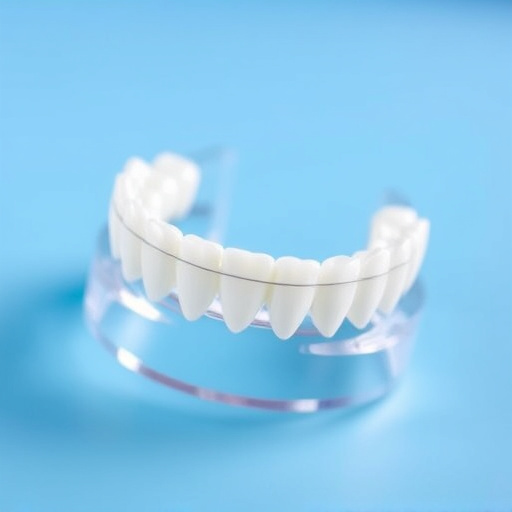
As people age, their oral health needs evolve, presenting unique challenges distinct from those of younger individuals. Seniors often experience changes in their dental structure and overall health, which can impact their ability to maintain proper oral hygiene. For instance, issues like dry mouth, tooth decay, and gum disease are more prevalent among the elderly. These conditions require tailored care strategies that consider age-related physical and cognitive changes. An oral health assessment becomes an indispensable tool for identifying such specific needs.
Regular dental check-ups and comprehensive assessments allow healthcare professionals to address senior citizens’ concerns effectively. This can involve a range of practices, from routine dental cleanings to the use of clear aligners for those seeking discreet orthodontic solutions. By understanding these unique requirements, children’s dentistry experts can provide personalized care, ensuring that seniors maintain their oral health and overall quality of life.
The Role of Comprehensive Dental Assessments
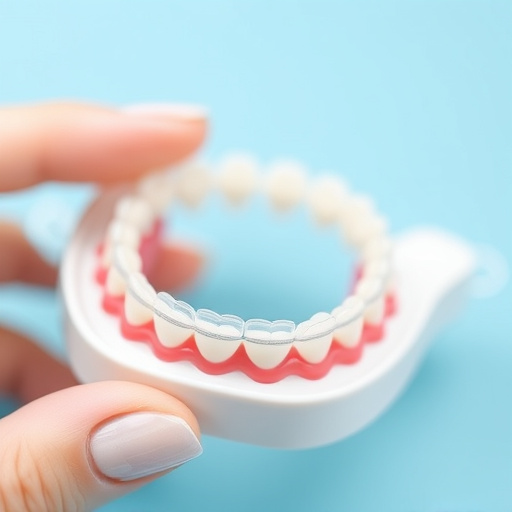
Oral health assessment plays a pivotal role in ensuring optimal dental care for seniors. It’s more than just a routine oral exam; it’s a comprehensive evaluation that delves into the unique needs and challenges faced by older adults. These assessments consider age-related factors, such as dry mouth, tooth decay, gum disease, and medication side effects, which can impact oral health.
By conducting thorough examinations, dental professionals can identify potential issues early on, preventing small problems from escalating into emergency dental care scenarios. This proactive approach not only preserves oral health but also contributes to overall well-being. Moreover, it facilitates recommendations for appropriate restorative dentistry treatments tailored to the senior’s needs, ensuring they maintain a healthy and functional smile throughout their later years.
Strategies for Effective Senior Dental Care
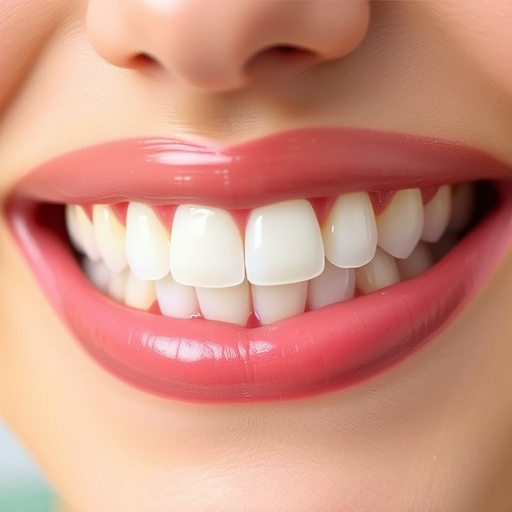
Maintaining optimal oral health is especially vital for seniors, as it can significantly impact their overall well-being and quality of life. One of the key strategies for effective senior dental care is regular, comprehensive dental check-ups that include a detailed oral health assessment. This involves not just examining teeth and gums but also looking at overall mouth health, including the tongue, lips, and jaw joint. By integrating advanced diagnostic tools and technologies, family dentistry professionals can identify potential issues early on, preventing minor problems from becoming major health concerns.
Additionally, educating seniors and their caregivers about proper oral hygiene practices tailored to aging mouths is crucial. This includes using gentle, fluoride-rich toothpastes and mouthwashes designed for sensitive teeth and gums, as well as regular cleaning routines that consider the challenges of limited mobility or visual impairment. Fostering open communication between patients and dental care providers ensures that any concerns or questions are addressed promptly, promoting a positive and continuing relationship in children’s dentistry and family dentistry practices.
Oral health assessment plays a pivotal role in ensuring quality dental care for seniors. By understanding their unique needs and conducting comprehensive assessments, healthcare providers can develop tailored strategies to address specific challenges like dry mouth, medication-induced side effects, and reduced saliva production. Regular evaluation enables proactive management, enhancing overall well-being and preserving oral health in this critical phase of life. Implement these strategies to provide efficient senior dental care and improve their quality of life.









